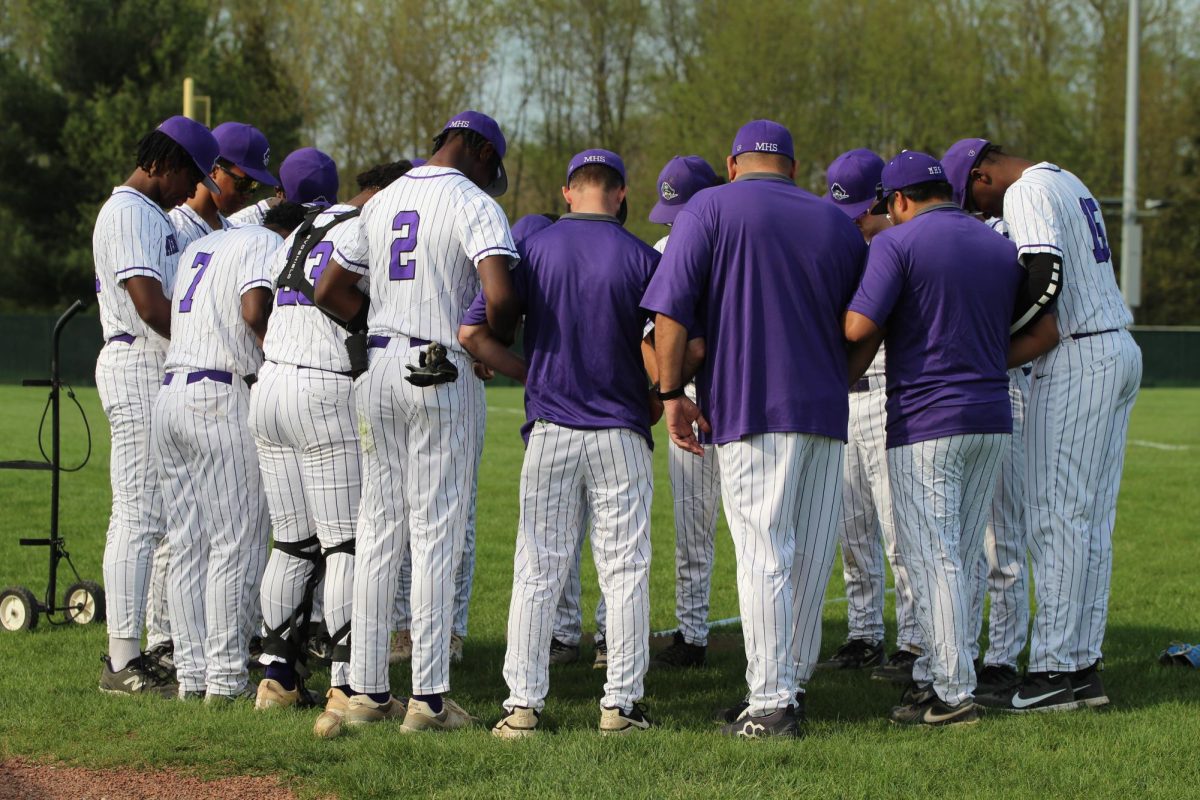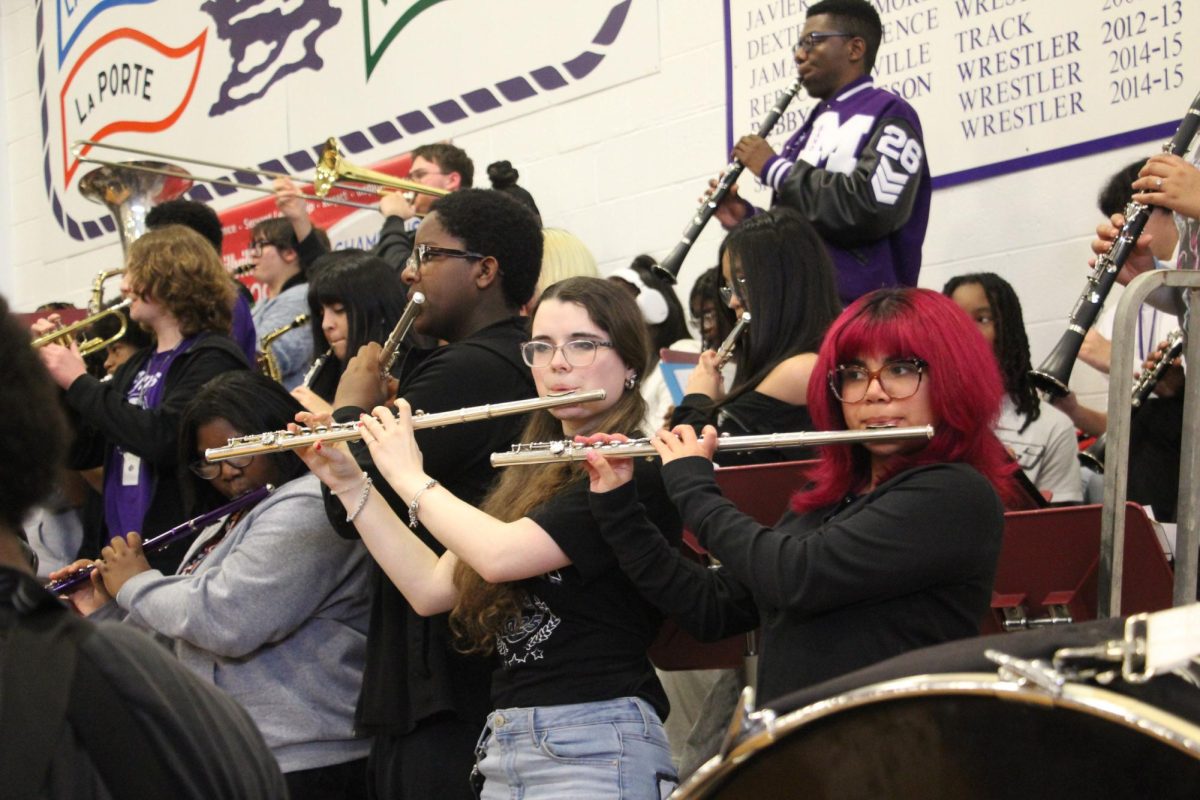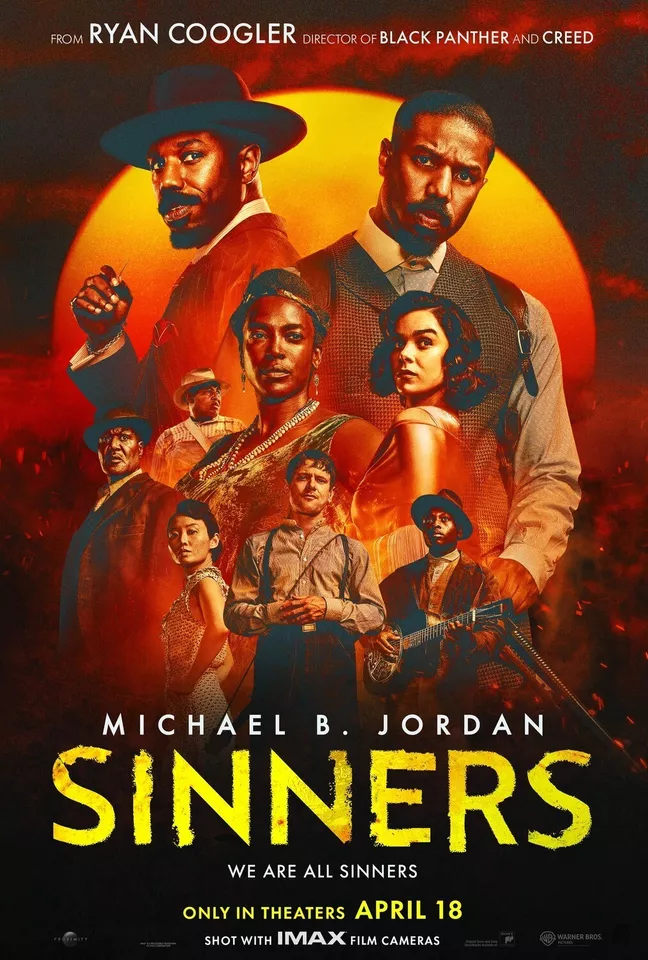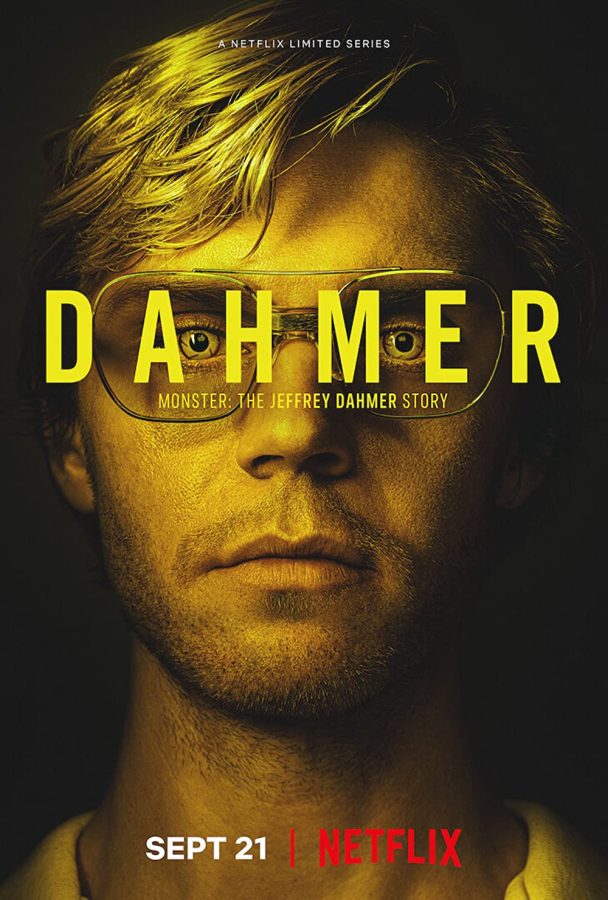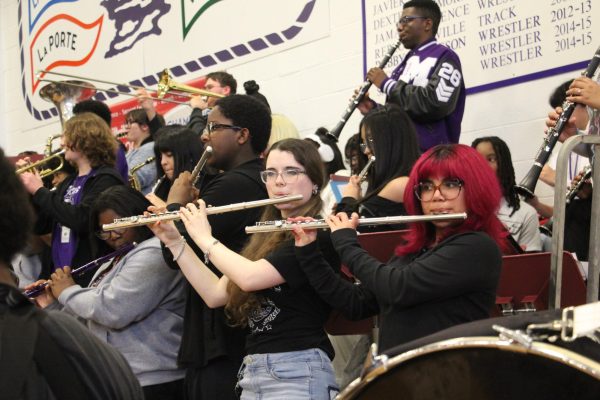True Crime provides entertainment for some, pain for others
The genre of true crime has been trending and affecting others in many ways. True crime is the “true” story of what happens with crime cases. It is occasionally a controversial topic because of the lack of consent and its accuracy. With all of that. Humans still love to watch the true crime stories of what happened in real life.
Senior Mikira Williams says the true crime being represented on television gives the victim some justice and it tells their story.
“More people can get to know about what happened to them and what crime was committed,” Williams said.
Mrs. Torey Dabney-Houseworth, the criminal justice teacher at MHS, discusses this topic with her students. She believes that true crime isn’t always represented the way that it should be.
“This often depends on the source,” she said. “Most people get their information about crime from television, newspapers, and now social media. I think that all three of these sources can sometimes distort a person’s view which often results in biased perspectives.”
She doesn’t watch true crime films often, but when watching she is very selective.
“Working in law enforcement for years makes you more critical of how we see and view movies/ TV shows,” she said. “I enjoy them if I believe the details of the case are presented properly, and also it depends on the producer/network.”
Williams enjoys watching true crime.
“I feel like it gives me more information about the crime that I may have not learned about the case,” she said. “I don’t think true crime is putting criminals in a positive light. I think it has been shedding more light on the victims and what actually happened to the victims and the facts of the crime.”
However, there is an ongoing ethics debate about whether these shows do glamorize the criminals and bring new trauma to victims’ families, a complaint made after the recent Netflix show Dahmer.
“I am a firm believer that people should be educated about crime in our society, but the question is how do you educate people without revictimization and traumatizing others?” Mrs. Dabney-Houseworth said.
This question is very personal for her because she had a brother who was the victim of a homicide.
“After the first day, things were being broadcasted in the media about his case that were not accurate,” she said. “I will always believe there should be family consent for all of these films because everyone should be afforded their rights to privacy.”
Williams agreed that the permission of the family of the victims is important because the family of the victims will not want the crime to be on television as entertainment.
“Not everyone is going to have sympathy for the victims and they are going to be more focused on the crime itself,” she said. “Social media has a great impact on how the victims feel because false news can get around.”
Currently her favorite series on true crime is the Dahmer show on Netflix because it came to social media pretty fast and everyone began to watch it.
“I didn’t know as much about Jeffrey Dahmer, all I knew was that he was a cannibal,” she said. “Until I watched the series, I didn’t know how extreme the actual story was.”
Mrs. Dabney-Houseworth’s most favorite series ended a while ago. It was called, “I Almost Got Away With it.” She also enjoys “FBI Files.” She appreciates that these two shows did not cut out details of the cases during reenactments.
“Everything was solid,” she said. “I also stick with 48 Hours and Live PD because these are not movies or reenactments. The actions are imminent in front of a live camera.”
Williams feels that it is in our nature to be interested in criminal cases and be nosy.
“Crimes are usually mysterious and [we] want to know the so-called truth. Honestly, true crime affects people differently. People might feel angry or they may be sympathetic. Others are just engaged, so it really depends on the person.”







